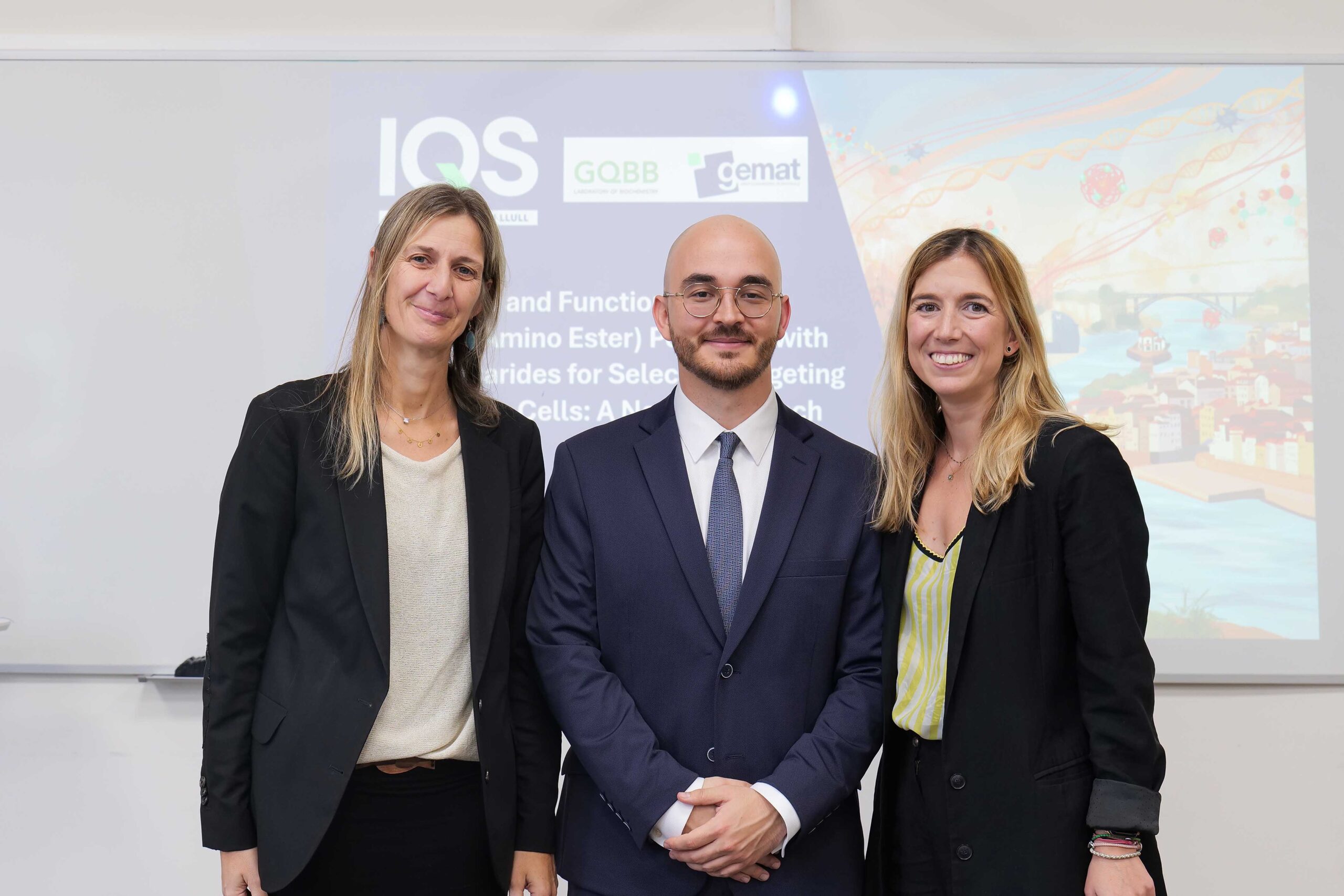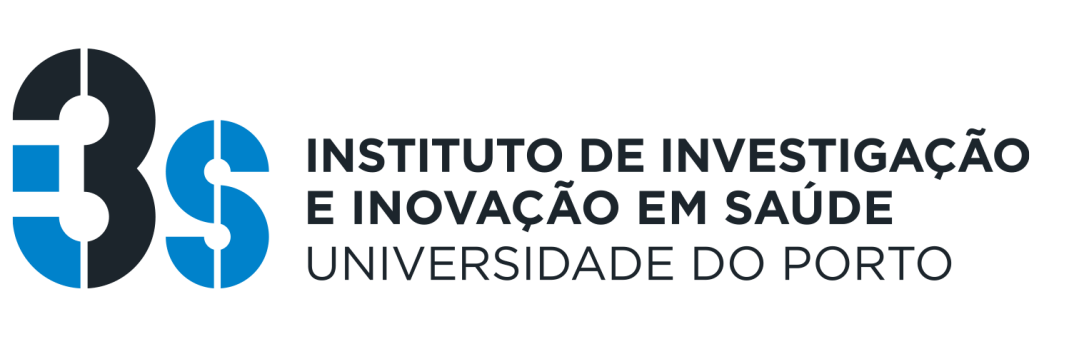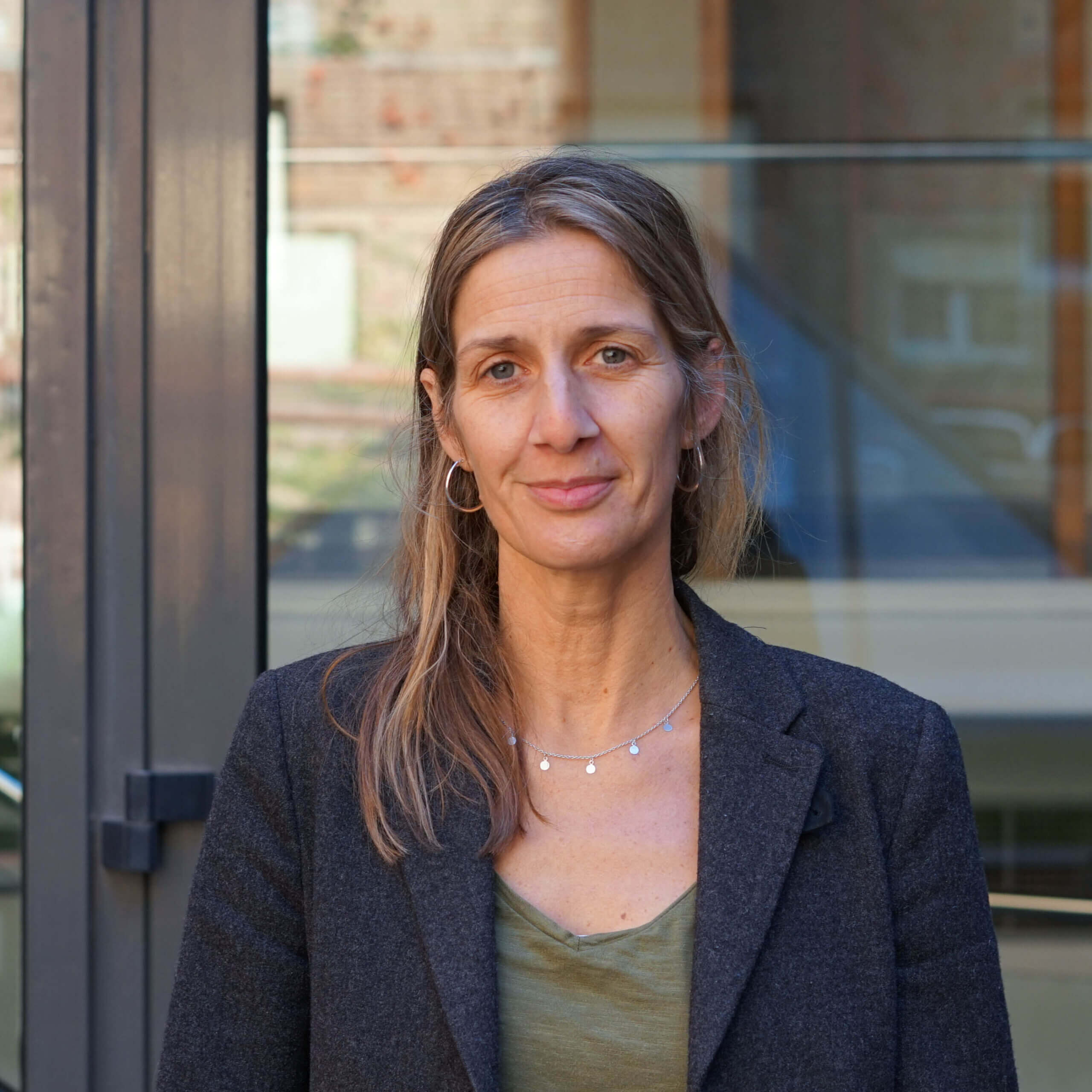Nanomedicine plays a very important role in medicine today as it is enabling the development of new therapeutic treatments and is increasingly positioned as an effective and very promising response in the fight against cancer and infectious diseases. Immunotherapy, which takes advantage of the body’s immune system to fight diseases, has especially benefited from the use of nanoparticles as it is possible to design them to improve the administration and efficacy of immunotherapeutic agents, thus improving their capacity. With the emergence of COVID-19 vaccines, scientists have focused on developing vaccines based on genetic material, such as mRNA, to combat different diseases, but their safety and efficacy need to be improved and refined, with a bottleneck in the lack of specificity of mRNA carriers towards target cells.
Antigen-presenting cells (APCs) are a cell assembly of the immune system that can detect antigens and generate immune response through the receptors it has on the surface. These APCs have a high affinity for sugars, which can therefore be used as vector molecules.
With the aim of achieving effective nanomedicine, Dr Nil González Ríos conducted his doctoral thesis at IQS, entitled Design and Functionalization of poly (β-amino esters) with oligosaccharides for the selective targeting of dendritic cells: a new approach. His thesis was supervised by Dr Cristina Fornaguera Puigvert and Dr Magda Faijes Simona, both professors at the IQS School of Engineering, in a new line of research on Glycovaccines arising from collaboration between the Materials Engineering Group (GEMAT), experts in the design of biomaterials, nanomedicine, and mRNA vaccines, and the Chemistry, Biology, and Biotechnology Group (GQBB), experts in carbohydrate and glycobiology research.
Dr González Ríos’s research has resulted in the design of new α-mannose-functionalized poly(β-amino ester) polymers (pBAEs), with which mRNA nanoparticles capable of actively targeting the cells of the immune system have been decorated, thus addressing one of the limitations in this field of research. In his thesis, different families of α-mannose-functionalized pBAE glycopolymers have been developed to improve interaction with APC cells.
The capabilities of these new nanoparticles have been evaluated in terms of their ability to interact with and activate APCs, with in vitro experiments to study their training and transfection kinetics as well as competitive phenomena to demonstrate active vectorization. Biodistribution experiments were also carried out in vivo to ensure the vectorization effect in mice, as well as immunization tests with human APCs.
Part of this research was carried out in collaboration with the i3S Immunology, Cancer Glycomedicine group at the University of Porto, led by Dr Salomé Pinho.
Dr González Ríos’s thesis is a proof of concept that has enabled the development of new mRNA carriers functionalized with sugars – mannose – that allow a more effective interaction with immune system cells and guarantee their activation, representing solid candidates for new generations of mRNA immunotherapy vaccines.
Related publication
Nil Gonzalez Rios et al, 2023, Novel α-mannose-functionalized poly(β-amino ester) nanoparticles as mRNA vaccines with increased antigen presenting cell selectivity in the spleen, J. Mater. Chem. B, 11, 6412-6427. This publication forms part of the “2023 Journal of Materials Chemistry B Most Popular Articles” collection.
This thesis has received funding through an IQS predoctoral grant, an Erasmus programme grant, and an international research stay grant from the Translational control in Cancer European (COST) network’s Translacore Europe Action programme.

COLLABORATORS
RESEARCH GROUP
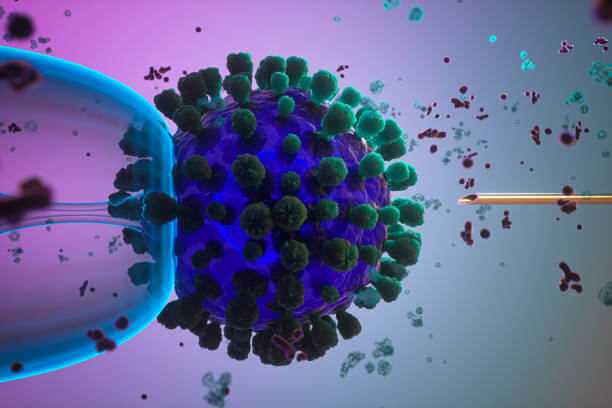
GEMAT – Materials Engineering
The GEMAT group (Materials Engineering Group) conducts its activity in three main areas: the development of new functional materials, surface engineering and biomaterials.
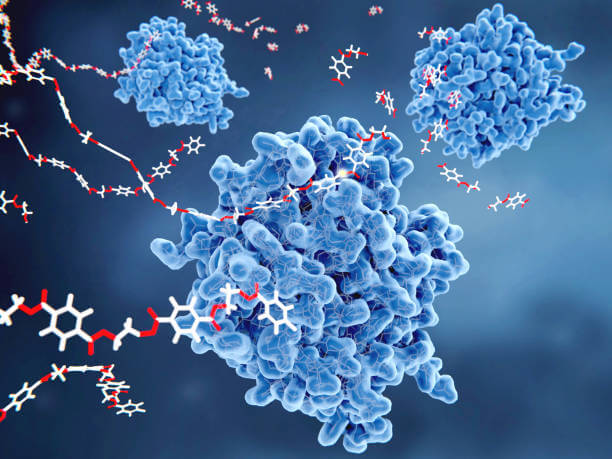
GQBB – Biological and Biotechnological Chemistry
The GQBB group (Biological and Biotechnological Chemistry Group) conducts its activity in three main areas: identification and molecular analysis of proteins and enzymes, their use as therapeutic targets and design and applications of enzymes in biocatalysis and biotechnology in microorganisms.










